“I took Mostafa under guardianship seven years ago. I met him when he was four days old, and I knew he was my son the second I saw him,” says Rasha Mekky, kafala mother, and founder and executive director of Yalla Kafala, an NGO providing adoptive families with the support and education they need to create loving homes for their children.
For years, Mekky dreamed of having children. Little did she know that her medical condition would make her chances of getting pregnant very low.
“I underwent four trials of the in vitro fertilization (IVF) procedure over 11 years in an attempt to get pregnant. This process exhausted me financially and emotionally, and ended in a divorce,” she explains.
After her second marriage, her husband introduced the concept of kafala to her, and encouraged her to pursue it.
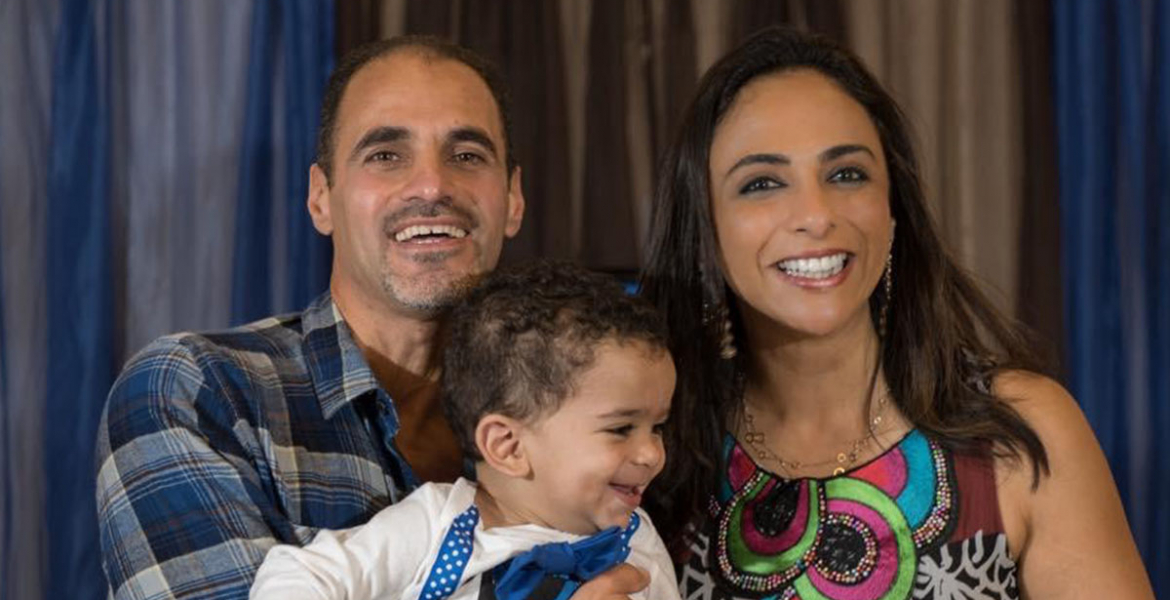
Photo via What Women Want Magazine
Adoption, which entails legally taking another’s child and bringing it up as one’s own, is forbidden in Shari’a (Islamic) law, upon which the Egyptian constitution is based. However, kafala (guardianship) exists. Kafala is the Islamic term for adoption, with the difference of the transference of inheritance rights, and the change of the child’s full name.
According to Yalla Kafala, “Kafala is the commitment to voluntarily take care of the needs, education, and of the protection of a minor, in the same way a family would do it for its biological children.”
Although kafala is encouraged in Islam, miconceptions about the term and what it entails, and misleading cultural perceptions about the idea, like confusing it with adoption which is forbidden in Islam, have led to it being looked down upon over the years.
When Mekky first began writing about her kafala son, Mostafa, on Facebook, and sharing her experience, she received a lot of backlash claiming that what she did was haram, as many were not aware of the difference between kafala and adoption.
Like Mekky, Creative Writer and Motivational Speaker, Luli Akram, is a single mom to two daughters, seven years old and three years old. Akram has been raising awareness about kafala in Egypt for several years now, trying to convince families to give a chance to older kids.
Moved by the quote, “I asked myself if I was ready to adopt, then I remembered that no child was ready to be an orphan,” and having always been passionate about adoption, Akram introduced the concepts of adoption and kafala to her first daughter early in her life.
“We discuss adoption a lot at home. Since my first daughter was young, I’ve been very keen on explaining to her that children come to life in two different ways, and that all children deserve to have a home,” Akram tells Egyptian Streets.
Kafala Culture in Egypt
Written by Mariam Naoum and directed by Mariam Abu Ouf, the Egyptian series Leh La’? (Why Not? 2021), which recently aired on Shahid, tackles the issue of kafala in Egypt. It also addresses the hardships that kafala moms face. Akram commended the show for highlighting some of the difficulties families with kafala children face, namely commonly-made mistakes and problems, like parents unintentionally not putting the child first, or children feeling misunderstood and running away.
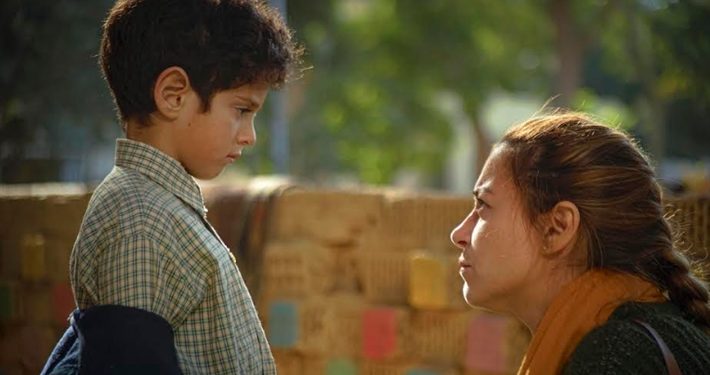
Photo via Sada El-Balad
After the release of the show, Egypt’s Ministry of Social Solidarity announced an unprecedented increase in kafala requests across the country. Through NGOs, initiatives, the Ministry of Social Solidarity, and Egyptian drama, the term kafala has become more frequent and accepted in Egyptian society.
“The stigma surrounding adoption or kafala is slowly fading, but people still need to be aware that adoption is not rainbows and butterflies; it is much bigger than that,” adds Akram.
Mekky echoes Akram’s thoughts, highlighting that many still have misconceptions about kafala, and this leads to kafala parents receiving hurtful comments, lack of support, and a lot of resistance.
“Nobody counts a kafala child as a new baby in the family. When I took my child under guardianship, it was very lonely, nobody visited or got her gifts. In our culture, there is no support for mothers of kafala children, not even psychological support, unlike with mothers of newborn babies. I didn’t feel like my child was welcomed to the world,” says Akram disappointedly.
“Some of the people in my own circles moved away from me and could not accept the decision I took to move forward with my life. Unfortunately, our society is very complex and very judgemental, and we face struggles on a daily basis as single kafala mothers.”
Meanwhile, Akram believes that adoption culture in Egypt needs to change because “everybody wants babies”. Hence, in her efforts to shift perspectives in society, Akram has been raising awareness and introducing the idea of taking older children under guardianship.
Data released by UNICEF in 2015 states that Egypt is home to 1.7 million orphaned children. However, in 2018, Egypt’s Ministry of Social Solidarity announced that all orphanages would be closed by 2025 due to their terrible living conditions, with a preference for children to grow up as part of a family.
According to Akram, fear drives many kafala parents’ decisions to adopt babies, as they do not accept the elder children’s past, preferring to monopolize a child’s past. “They feel that any background the child has should only be with them.”
Similarly, Mekky has also been attempting to raise awareness on less-talked about topics such as “post-kafala depression”, which is similar to postpartum depression for biological mothers. She helps new kafala mothers know that they can get the help they need when they need it. “I got really depressed after I took my son under guardianship; I was very stressed and worried about becoming a first-time mom, which I later found out was called “post-kafala depression.”
Mekky describes Yalla Kafala as “the method through which [she] tries to make the world a better place for all children.”
In Egyptian television and film, it was quite uncommon for adoptive parents to tell their children the truth about their past, which almost always led to complications in their relationship, and negative effects on the child’s mental health. Today, there’s more awareness about the importance of adoption disclosure.
“Never keep your child’s adoption a secret from him. Your child will get the confidence to share his story unashamedly from you, and even though society might’ve conditioned us to think that there’s shame in not being able to have children or raising a child that’s not biologically ours, there’s absolutely nothing shameful about kafala,” concludes Mekky.




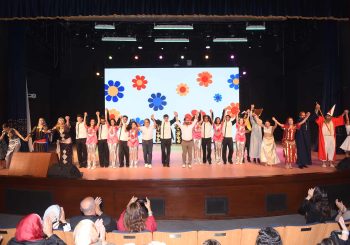
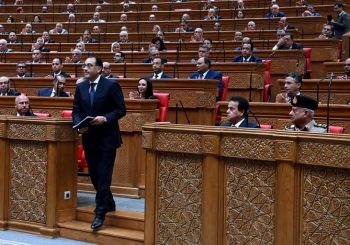
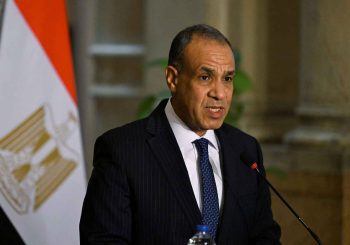
Comments (3)
[…] The Struggle of Being a Kafala Mother in Egypt Guide to Spending an Egyptian-Spirited Ramadan Alone Abroad […]
[…] The Struggle of Being a Kafala Mother in Egypt Guide to Spending an Egyptian-Spirited Ramadan Alone Abroad […]